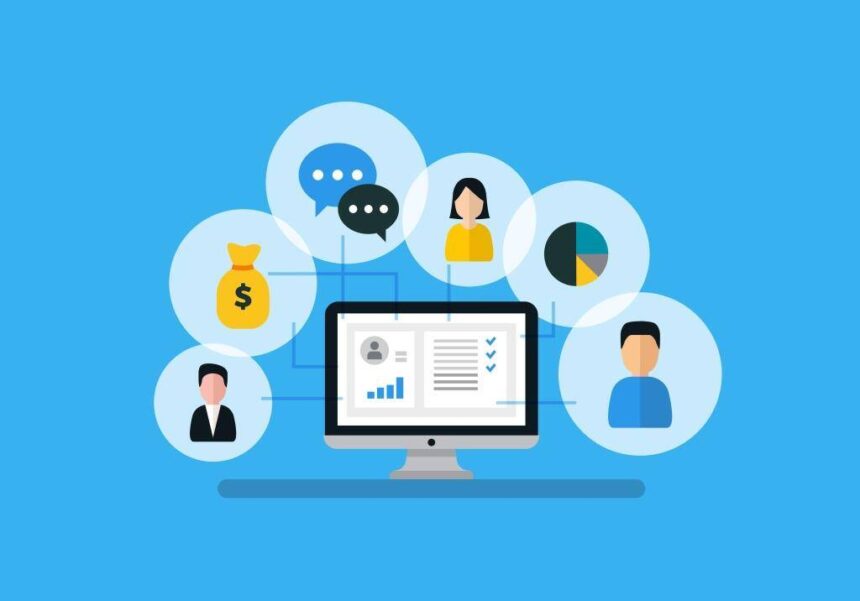Big data is solving countless challenges in the business world. One of the biggest benefits of big data is improving relationship building. Victoria Greene, a writer for Bloomberg, wrote about the benefits of using big data to strengthen customer relationships. Greene states that there are lots of ways that big data is helping with customer relationship building. Advances in data technology have made supply-chain management costs decline. They have also provided access to chatbots, which streamline customer service. However, there are much more sophisticated benefits that rarely get discussed. Big data can help improve relationship building with higher-tier customers with more complex needs. Big data can also help with relationships outside the business world. Big data can improve romantic relationships and friendships as well.
Big Data Opens New Doors for Relationship Building in All Facets
Big data is working to understand relationships, and this data is also being used to predict a couple?s chance of divorce. Target, the retail giant, has started its own initiative in which the company is using big data to be able to determine consumer purchasing patterns. The retailer?s experiment is able to show that consumers change their purchasing habits, depending on marriage or divorce. Consumer consumption patterns change, as do the brands that they purchase, when they enter into marriage or exit a marriage. eHarmony has been working to better understand relationships for years, and as one of the most trusted names in the dating world, the company uses IBM?s analytics systems which allow for predictive analysis, using big data, to match 3.5 million people per day. The company will then track the couple?s dating history, tracking the relationships that are made on the platform. Facebook?s data, which is being used in one-third of divorces, shows how data can lead to divorce as well ? a problem that eHarmony is working to solve. Using predictive analytics, the company has been able to reduce divorce rates among couples from 7% to 3.8%. Offline divorce rates sit at 8%, according to the platform. Big data is taking things a step further, and the data is able to go beyond the predictive analytics that is being used on dating sites. The University of Southern California is working on an algorithm that will use data to be able to determine the strength of a relationship. The algorithm, which uses a variety of data points, will be able to predict how marriage has improved or declined throughout the years. Voice is used in the analysis, with the program able to use the tone of the voice as an indicator of how well the marriage is doing. The algorithm, which uses extensive speech processing, has an accuracy rate of 79%. Big data and its role in predicting relationship success will be hard for even the most complex algorithms to solve. The solution to the problem is not as clear-cut as other big data applications. There are various factors which may lead to a relationship?s success, and many of these factors are not easily known. Health and employment, for example, are two main factors which are out of the control of a partner. There’s also the consideration of parenting, family background, education, employment, finances, investments, saving habits, shopping, DNA, purchasing habits and numerous other factors that can impact divorce. Love in itself is complex, so it?s unlikely that we?ll see big data be able to predict divorce rate with 100% certainty. The amount of data sets and variables make it one area of life that may remain a complete mystery. Yet, as seen with eHarmony, predictive analysis can help couples start their lives together with a much greater chance of relationship success than in the past. If predictive analysis continues to advance, this may lead to lower divorce rates as a whole, but being able to eliminate divorce entirely will remain out of the realm of possibility even with big data?s involvement.
Big Data is Essential for Better Relationships
There are many reasons that people are investing in big data. They often rely on it to improve the quality of business relationships. Big data could be the key to reducing divorces and minimizing the risk that people will be estranged from their children in the years to come.






